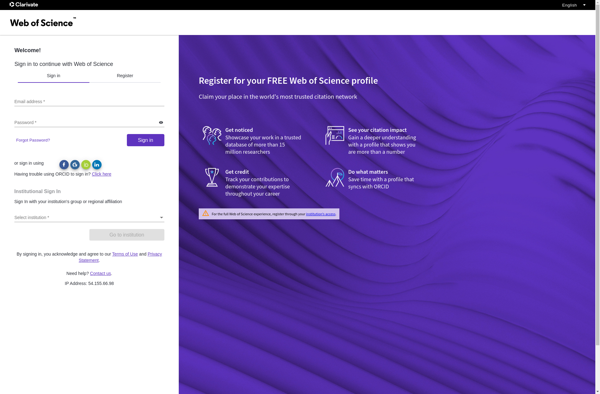Scopus
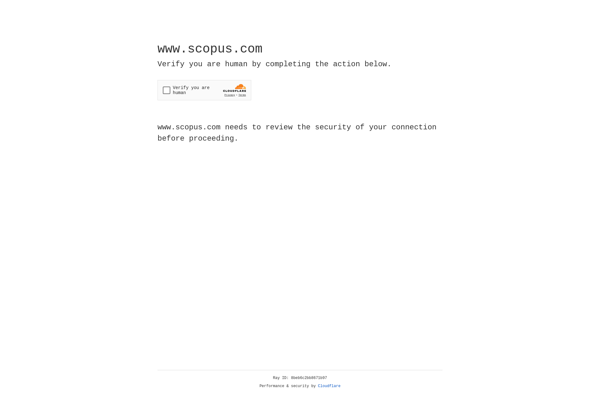
Scopus: Peer-Reviewed Literature Database
Abstract and citation database covering scientific journals, books, and conference proceedings in various fields.
What is Scopus?
Scopus is a multidisciplinary abstract and citation database containing over 90 million records and over 5 million conference papers from peer-reviewed journals, books, and conference proceedings. It covers research literature in the fields of science, technology, medicine, social sciences, arts, and humanities.
Launched in 2004 by Elsevier, Scopus claims to have the largest abstract and citation database of research literature. It includes scientific journals, conference proceedings, trade publications, books, and more. Scopus also provides author profiles which cover affiliations, number of publications, and number of citations received.
Key features of Scopus include:
- Over 90 million records spanning 50+ years of research literature
- Advanced search functions (by document type, author, affiliation, funding sponsor etc.)
- Cited reference searching to track prior research influences
- Related document suggestions
- Analysis of search results by document type, year, source, author, affiliation, country
- Links to full-text articles, other databases and web search
- Facility to create citation alerts and RSS feeds
Scopus offers extensive coverage in fields like health and life sciences, physical sciences and engineering, and social sciences and humanities. Its wide-ranging, interdisciplinary content helps researchers track research trends over time and measure impact.
Scopus Features
Features
- Largest abstract and citation database of peer-reviewed literature
- Covers scientific journals, books, and conference proceedings
- Includes over 75 million records
- Covers fields like science, technology, medicine, social sciences, arts, and humanities
- Allows users to track citations over time for research topics and publications
- Provides citation analysis tools to determine journal impact factor
Pricing
- Subscription-Based
Pros
Cons
Official Links
Reviews & Ratings
Login to ReviewThe Best Scopus Alternatives
Top Education & Reference and Academic Search and other similar apps like Scopus
Here are some alternatives to Scopus:
Suggest an alternative ❐Elicit
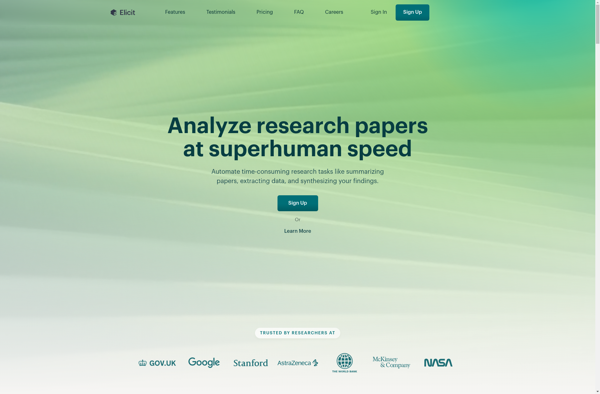
Google Scholar
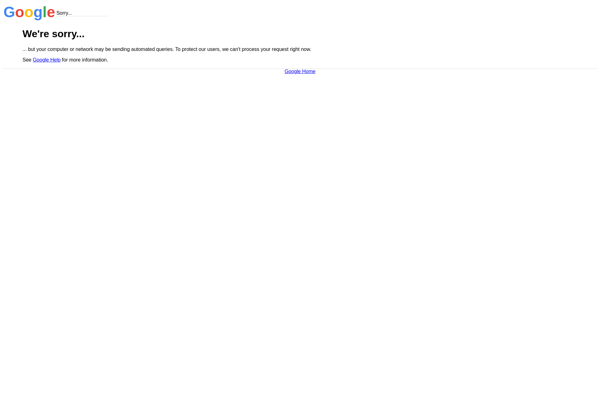
Connected Papers
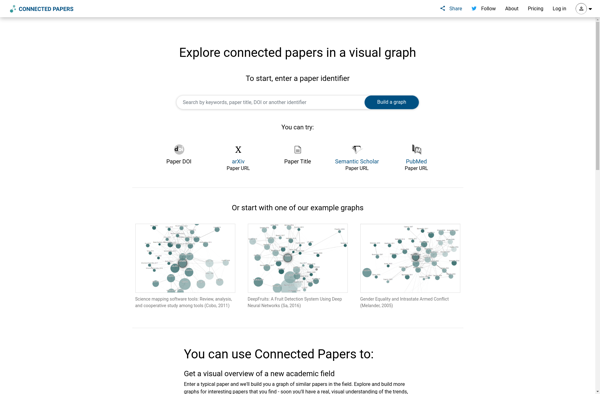
Scinapse
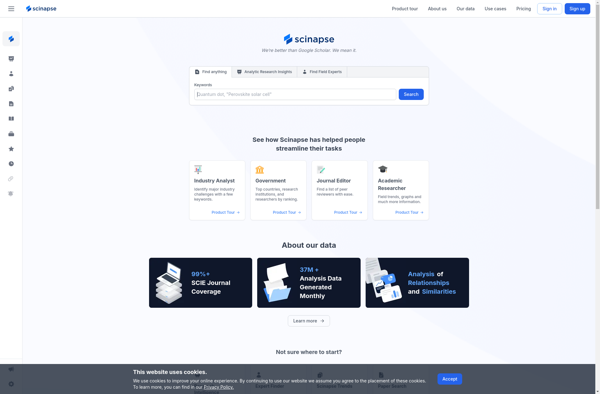
ACI Scholarly Blog Index
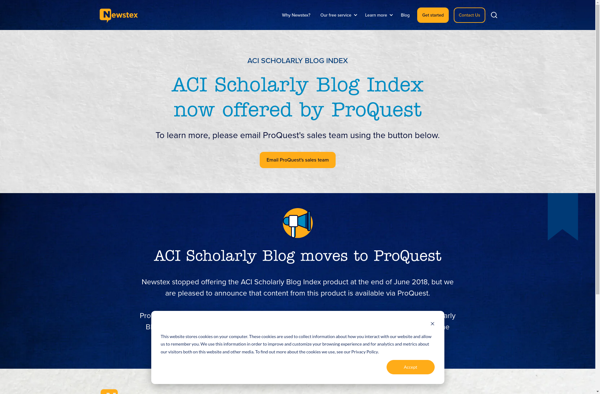
ReferenceRepository.com
Web of Knowledge
